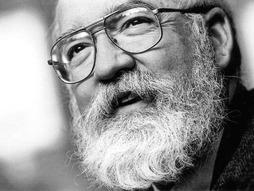Lies, sex, an even freer Wikipedia and Sir Ken at a slaughterhouse: A recap of “The future is ours,” All-Stars Session 5 at TED2014
By Kate Torgovnick, Morton Bast, Thu-Huong Ha The future. When it comes down to it, it’s not about flying cars, flashy robots, jetpacks, or awesome sunglasses. It’s about the little things we can do to advance healthcare, better education, create opportunities, improve connections between each other, and make lives just a little bit easier. In […]
Continue reading



